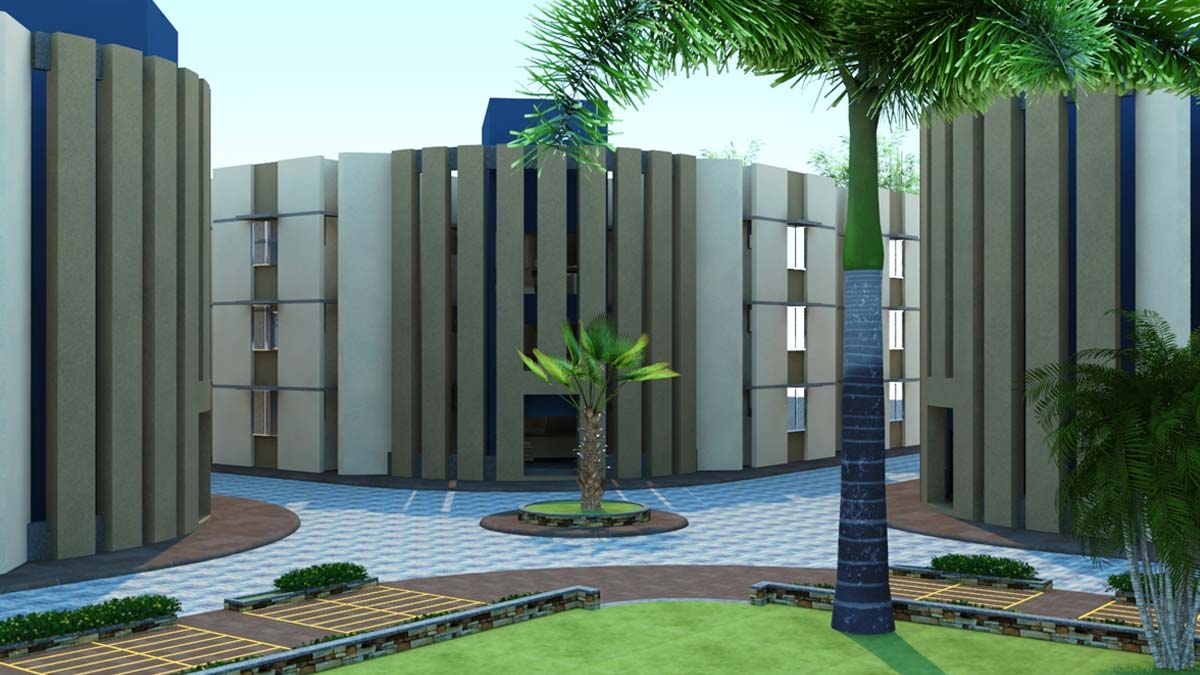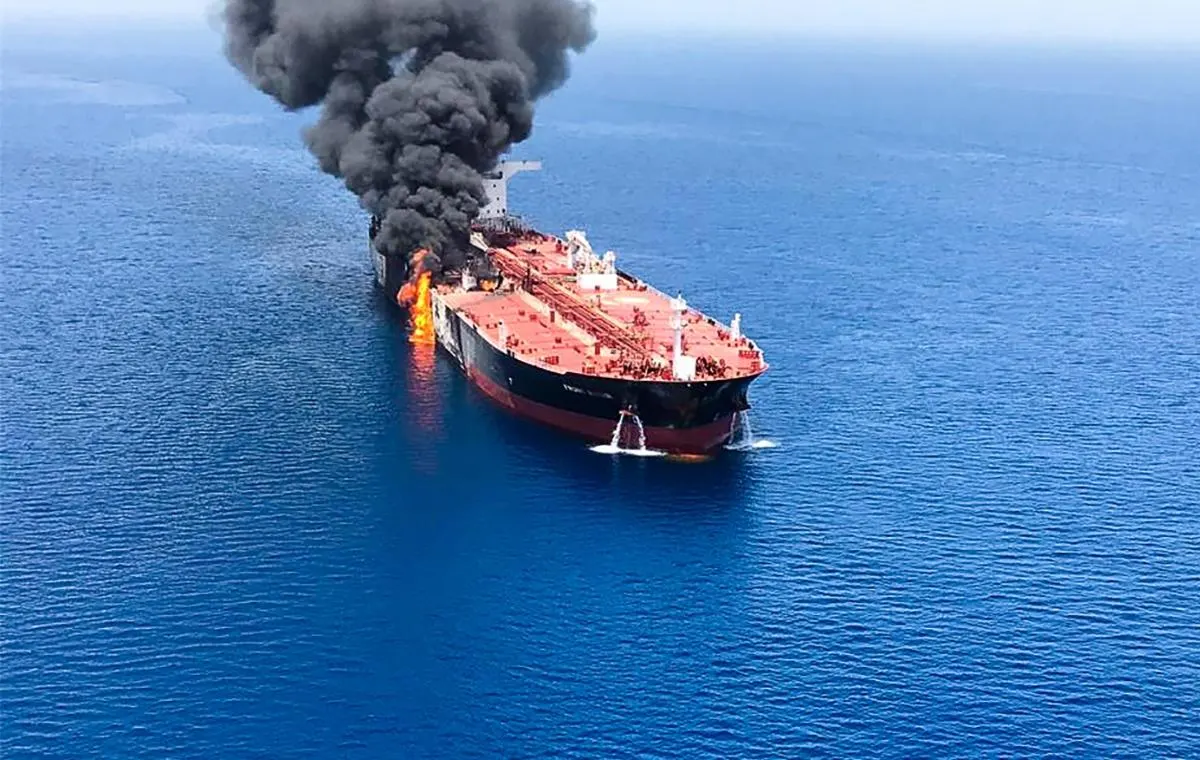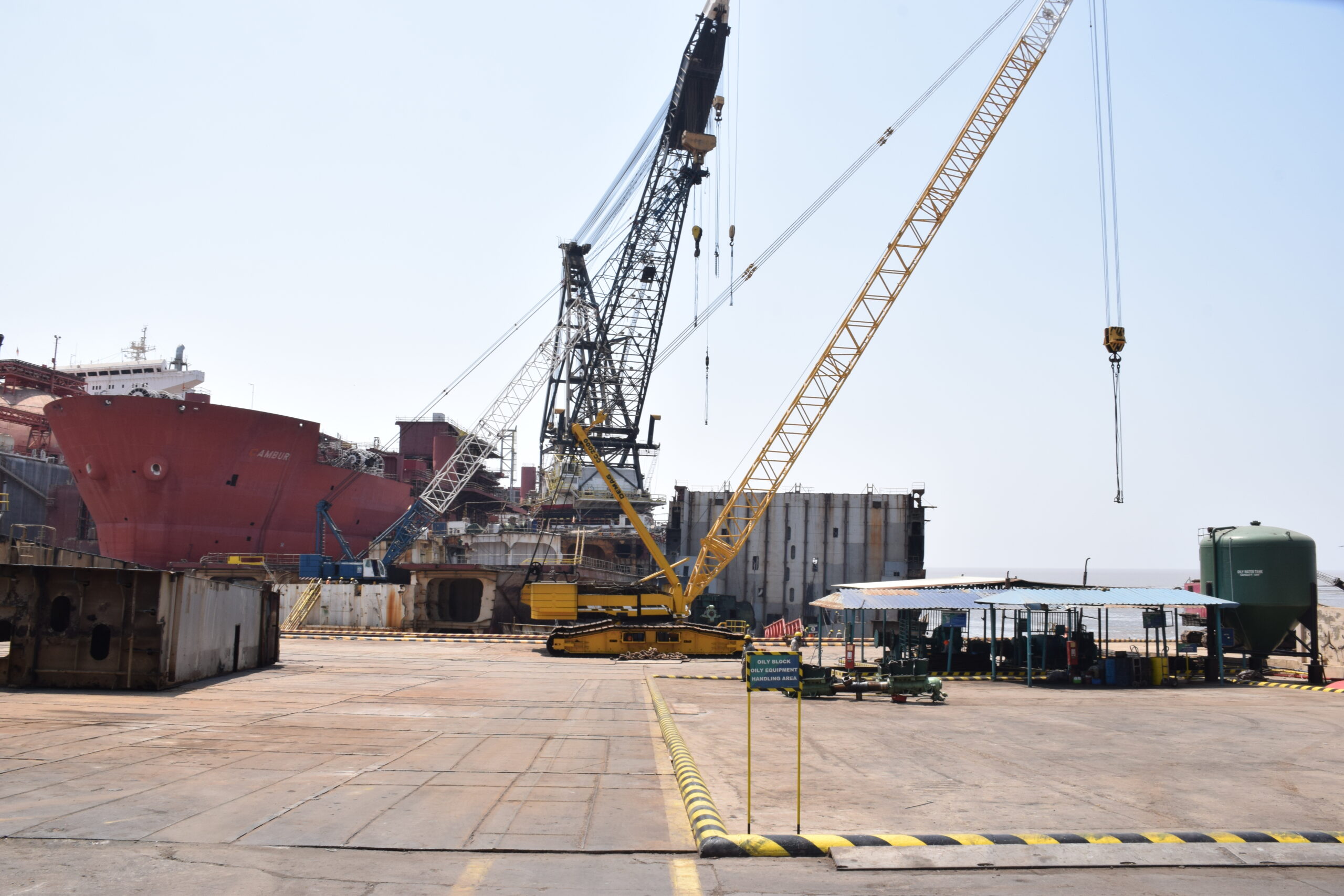India and Bangladesh Face Rising Competition from Smaller Ship-Breaking Rivals Turkey & Pakistan
India and Bangladesh, the top two ship-breaking nations globally, are feeling the heat from smaller competitors like Turkey and Pakistan as they vie for a larger share of end-of-life ships. Despite handling bigger vessels, both India and Bangladesh witnessed a decline in the number of ships arriving for dismantling in 2024, while Turkey and Pakistan experienced a surge in ship-breaking activity.

Declining Ship Arrivals in India and Bangladesh
According to data from the NGO Shipbreaking Platform, India decommissioned 166 ships in 2023, but the number fell to 124 in 2024. Similarly, Bangladesh dropped from 173 ships in 2023 to 132 in 2024. In contrast, Turkey’s ship-breaking count almost doubled from 50 in 2023 to 94 in 2024, and Pakistan’s numbers rose from 15 to 24 ships in the same period.
While India and Bangladesh attracted larger ships, Turkey and Pakistan focused on smaller vessels. “India and Bangladesh can recycle big ships, which Turkey does not. Based on LDT (Light Displacement Tonnage) figures, Bangladesh remains number one, followed by India and Turkey,” said Kiran Thorat, a trader at Global Marketing Systems. He added that the number of ships alone does not define the dominance of a nation in ship recycling, as LDT is a more accurate measure.
Challenges in the Indian Ship-Breaking Industry
Despite their historical dominance, Indian ship-breaking yards, particularly Alang in Gujarat, have struggled to maintain past performance levels. Alang, one of the world’s largest ship-breaking yards, saw the arrival of the 49,000-metric-ton Floating Production Storage and Offshore (FPSO) vessel “Takuntah” recently, offering a temporary boost. However, industry veterans remain concerned about the broader downturn.
A veteran ship-breaker in Alang, recalled a time when the yard was at its peak in 2012, dismantling 415 ships. “Now, we operate at less than 50% capacity. At any given time, we used to have 8-10 ships on our plots, but now it is down to 3-4. Several ship-breakers have shut down,” he lamented.
Data from the Gujarat Maritime Board (GMB) indicates a 15% decline in ship arrivals at Alang in the first nine months of 2024 compared to the same period in 2023. With just 82 ships dismantled between April and December 2024, the industry’s downward trend continues.
The Role of Policy and Economic Factors
Ship-breakers in Alang attribute their difficulties to poor government policies. Haresh Parmar, honorary secretary of the Ship Recycling Industries Association (SRIA), India, pointed out a key disadvantage: Indian yards must first melt salvaged steel into billets before producing TMT bars, raising costs by INR 5,000-6,000 per ton. In contrast, Bangladesh and Pakistan allow direct conversion of scrapped steel into TMT bars, making their operations more cost-efficient and allowing them to purchase old ships at higher rates.
Parmar also highlighted external factors affecting ship supply. “Due to the Red Sea crisis and tensions in Israel, freight rates have surged. As a result, shipping companies are retaining older ships for cargo transport instead of scrapping them,” he explained.
Bangladesh’s Market Position and China’s Influence
Despite internal political challenges, Bangladesh continues to attract the majority of end-of-life ships. NGO Shipbreaking Platform’s 2024 report states that 255 of the 409 ships dismantled globally ended up in South Asian yards, with Bangladesh leading the way.
China remains a significant contributor to ship-breaking in South Asia, despite its official ban on waste imports and its domestic ship recycling capacity. “China topped the 2024 Dumpers List, sending nearly 50 ships to Bangladesh. This reflects how South Asian yards remain crucial to global ship recycling,” the report stated. China enforces strict environmental regulations and prohibits beaching, which is the primary method used in South Asia.
Turkey and Pakistan Gaining Ground
While India and Bangladesh focus on larger ships, Turkey and Pakistan are making gains in the smaller ship segment. Turkey’s ship-breaking sector has benefited from its proximity to Europe and stricter environmental regulations that limit ship-breaking activities within the EU. Turkish yards adhere to EU ship recycling standards, making them a preferred choice for European shipowners seeking compliance with environmental laws.
Pakistan’s rise in ship-breaking numbers is also notable, despite its relatively small market share. The country has leveraged cost advantages, including lower labor costs and fewer regulatory hurdles, to attract more ships.
The Future of Global Ship Recycling
Nikolaus Schues, President of the Baltic and International Maritime Council (BIMCO), highlighted an impending shift in global ship recycling. “The Hong Kong International Convention for the Safe and Environmentally Sound Recycling of Ships is set to come into force. This will reshape the future of the industry, requiring all yards to meet stringent environmental and safety requirements,” he told businessline.
For India and Bangladesh, adapting to these global regulatory changes will be crucial to maintaining their dominance. While they still lead in total LDT processed, the competition from Turkey and Pakistan—combined with policy challenges and global economic shifts—suggests that the landscape of ship-breaking is evolving rapidly.
credit: https://www.thehindubusinessline.com/economy/logistics/india-bangladesh-under-pressure-from-smaller-ship-breaking-peers-turkey-pakistan/article69201422.ece
Author: shipping inbox
shipping and maritime related web portal








